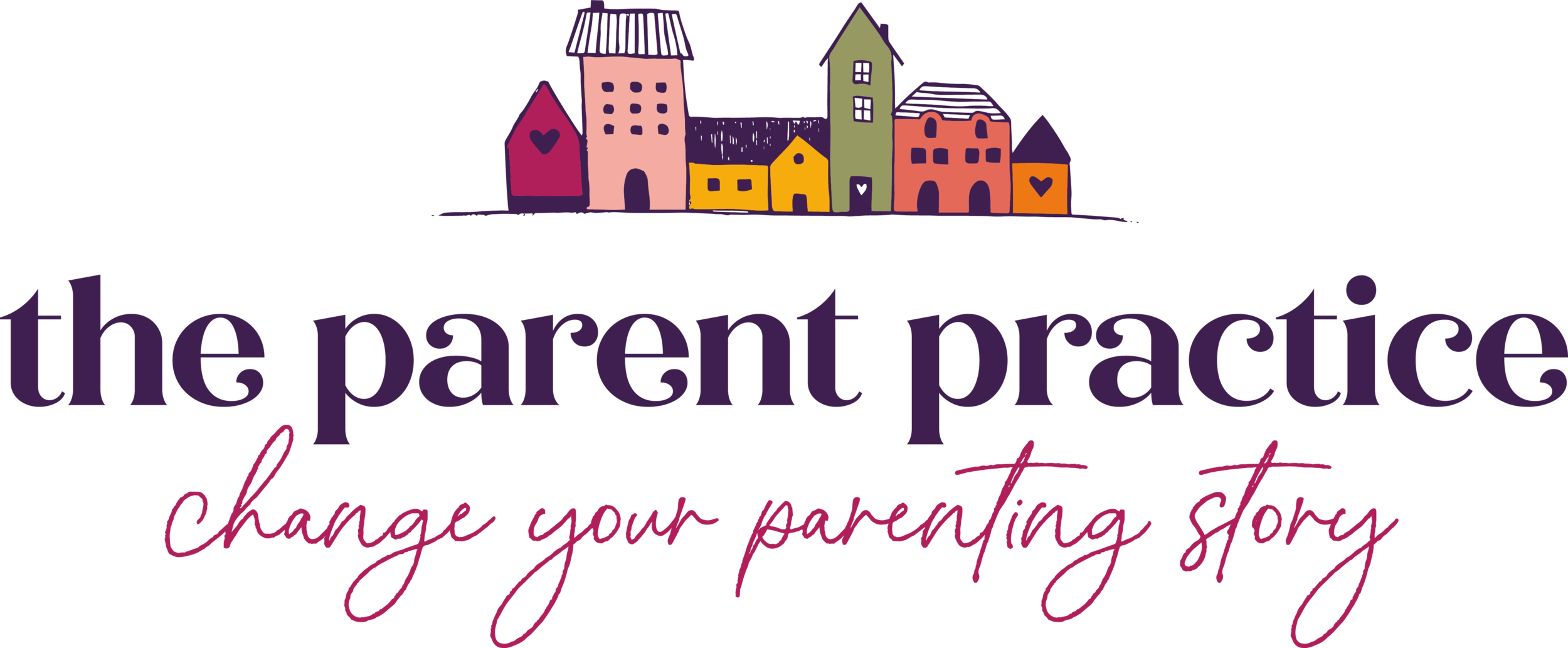Letting Go of Perfectionism
Colorful Pencils
In my coaching work, I see many parents of hugely talented children, and yet many suffer from the perils of perfectionism and of being people pleasers. The fact is that many of them struggle, despite being talented girls, boys and young men and women. They tend to be stifled by the modern myth of perfectionism, that there is one objective standard of perfect. And they’re not it.
We see that perfectionism hurts our children and limits their progress. We see their self-esteem taking a beating. And, when Perfectionism is coupled with stress or is extreme, it is correlated with depression, anxiety, eating disorders and other mental health problems.
Perfectionism is all about striving for flawlessness, which is unachievable and it’s generally believed that it’s not genetic. In other words perfectionists are made not born, and despite how uncomfortable that may seen, it’s helpful to explore where that comes from.
Research at California State University conducted by David Hibbard, says that
parents who place excessive demands or who show excessive pride in their children’s achievements develop perfectionists.
There is also the tendency for us as parents to compare to others. We compare our daughters to the girl next door, who is Head Girl, or the 10 A* friend who’s also doing grade 7 piano , volunteers at a soup kitchen on Saturday, when she’s not representing England under 18’s in hockey at the weekend.
Whatever the source however, the one thing we can control most as parents is ourselves and how we connect and speak to our children.
But before I give you the antidote to perfectionism and how we can immunize our children, especially our girls against it, I want to quickly share my story as a young girl who was suffering from perfectionism and being a people pleaser.
I can remember being desperately keen to please my father even into adulthood and feeling that I could win his approval via my academics – he was very interested and supportive of that.
When I finished school I wanted to do Psychology and I was told
no you are really bright…you should do law
so of I went to Edinburgh University and did my law degree . I didn’t think for myself and just went down this preordained career path .It was only during my third year it suddenly dawned on me I may have made a mistake. I wanted to travel and see the world and where could a Scottish law degree take me? I couldn’t even practise easily down south of the border. When I researched it seemed there was only one place outside of Scotland and that was a remote south pacific island called Vanuatu!
So realising I may have made a mistake my father said
Don’t worry, I know what you should do, you should train as a chartered accountant. That’s a good qualification to have.
So once again I went down a career path that was hopeless for me and honestly my CA exams were like a prison sentence. I was deeply unhappy and all that time I was pursuing careers in order to please others. I just was unable to think and act for myself. My father would then introduce me to people as his daughter Elaine, LLB,CA. He valued me based on my achievements!
So what is the antidote to perfectionism and people pleasing?
Having a strong sense of self worth.
Self-esteem is a core belief in your own value. It comes from your children having many experiences which demonstrate that their life has value, that they are a worthwhile person, and that their opinion has validity. Our children need to be accepted as unique individuals, appreciated for who they are and not who we’d like them to be. It other words it comes primarily from parents approval.
So my top tip to parents is to use the power of your words to affirm and acknowledge your sons and daughters . Try not to focus on their achievement, but rather than the effort or particular skill employed by them and their character traits.
There is no such thing as perfect.
Help your child replace perfectionism with a growth mindset, and a growth mindset comes from you praising effort and attitude, progress and improvement and qualities and characteristics, as opposed to the end result.
If you would like to explore this topic, together with other core skills to ensure you raise competent, confident and contented children, then do check out my Parenting Toolkit course. A self study on line course delivering positive parenting skills and strategies to create happier and healthier children.
The Parenting Toolkit | The Parent Practice (teachable.com)
And join in the free webinar by Lou from Role Models on Monday 28th February 7.30pm , where I will be joining her to discuss what we can do to support our children and help them let go of perfectionism.
Register here Webinar Registration - Zoom

